This is an opinion editorial by Win Ko Ko Aung, a McCourt Scholar for Georgetown University’s Data Science for Public Policy program and a survivor of Myanmar’s 2021 military coup.
The Biden administration responded to the 2021 military coup in Myanmar (also known as Burma) with rapid implementation of economic sanctions, a significant measure that involved freezing $1 billion in funds held by the Myanmar government within the United States.
More than two years after the beginning of Myanmar's Spring Revolution, which was born out of the violent overthrow of the civilian-elected government by the Myanmar military, the National Unity Government (NUG) — largely formed with elected officials from the 2020 Myanmar Election, representatives from ethnic organizations and anti-coup activists who have successfully escaped arrest attempts by the military — continues to seek avenues to access these frozen funds in order to accelerate the revolution effort.
And access to these funds appear to be desperately needed. In Myanmar, the aftermath of the 2021 overthrow has created a devastating situation. The military only had stable control of 17% of the territory of Myanmar and the rest of the country remains a battleground, with distressing attacks like an April airstrike that killed 100 villagers. More than 3,500 people have been killed and over 23,000 civilians imprisoned since the coup, highlighting the urgent need for humanitarian aid.
The United Nations estimates that 17.6 million people in Myanmar require assistance, a number equivalent to the population in need in Ukraine. But the United Nations’s Office for the Coordination of Humanitarian Affairs (OCHA) response plan reveals a significant disparity in funding for Myanmar compared to other countries facing issues of similar or lesser magnitudes. In my opinion, the plan falls significantly short, targeting only 5 million people out of the 17.6 million in need of assistance.
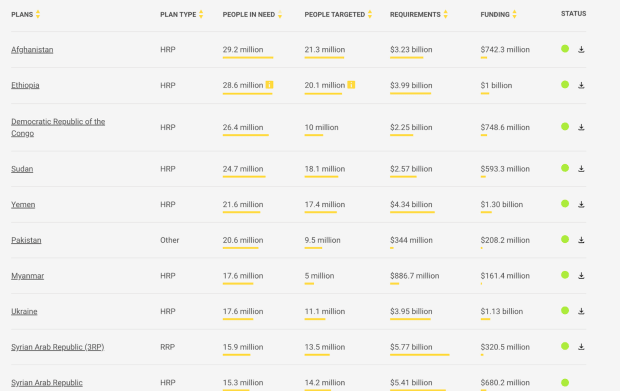
This underfunding highlights, on a global-policy level, the international community’s reluctance to provide substantial support for the Myanmar conflict. And this lack of assistance has had a profound impact on the people of Myanmar, who are struggling with the ongoing crisis.
In a recent analysis article from the United States Institute Of Peace, a group of Myanmar's prominent figures stressed the shared courage, spirit and unity of the country’s people with Ukrainians in their fight for democracy. However, they also highlighted a significant disparity in the level of international assistance received by the two countries. While Ukraine has received substantial aid to counter Russian aggression, Myanmar's struggle for democracy has not received comparable support. The authors pointed out that even a fraction of the aid received by Ukraine could have a profound impact on Myanmar's efforts to unseat the military dictators and potentially shorten the duration of the conflict.
Furthermore, as Myanmar’s shadow government, NUG, faces another significant drawback on the international diplomatic frontline. Despite controlling 53% of Myanmar's territory and opening the liaison office in Washington D.C. under the BURMA Act, the NUG is struggling to gain legitimacy and recognition from the United States. While the European Parliament has adopted a resolution "supporting" the NUG as the "legitimate representatives of the democratic wishes of the people of Myanmar" since October 2021, the struggle for similar recognition in the U.S. continues.
Funding Myanmar’s Struggle For Democracy
During this challenging period, and as it attempts to access funds frozen by the U.S., the NUG has explored alternative funding avenues. For instance, it has successfully raised millions of dollars from Myanmar nationals across the globe through creative approaches. The NUG’s ministry of planning, finance and investment (MOPFI) initiated virtual land sales, generating a remarkable $9 million in just two-and-a-half days. Additionally, the auction sale of the military dictator's land bonds garnered $2 million within a span of three days.
As of early 2023, the NUG announced that it had accumulated over $132 million to support its efforts in undermining the military junta. Even more impressive is that this amount was primarily raised within the country of 54 million people, where the GDP per capita stands at a relatively-low $1,095, as well as only about 4.5 million people from Myanmar who now live abroad.
The NUG’s minister for planning, finance and investment, Tin Tun Naing, told The Straits Times that approximately 45% of the funds raised to date have been from the sale of so-called Spring Revolution special treasury bonds.
In addition to the recent establishment of an interim central bank by the NUG, this shadow government is also exploring natively-digital financial solutions to its problems. The recent soft-launch of the Spring Development Bank, which is backed by the Polygon blockchain, is such a step. According to an announcement event held in the Burmese language, attended by Minister Tin Tun Naing, the Spring Development Bank has received licensing and regulation from the interim central bank and is meant to enable transactions in four currencies: Myanmar kyats, United States dollars, Singapore dollars and Thai baht.
During a question and answer session at the announcement event, Tin Tun Naing noted that the NUG has a plan to channel international funding through the Spring Development Bank. He also mentioned that it is actively working toward recovering Myanmar's $1 billion reserve frozen by the U.S. through legal means. He emphasized that he expects significant progress in this regard as the revolution gains clearer momentum.
While the NUG’s initial success in securing funding on its own is promising, it also demonstrates a hard reality: Myanmar's struggle for democracy is being carried forward primarily by its own people, as the international community and aid donors have largely ignored the country’s struggles. And it demonstrates a need to embrace one of the world’s preeminent, sovereign financial tools in Bitcoin.
Myanmar Should Issue A Bitcoin Bond
Given the challenging circumstances and limited international support, the NUG should draw inspiration from initiatives like the Bitcoin bond introduced in El Salvador. The NUG could issue a digital "freedom bond" that can tap into a global pool of ideologically-aligned investors who want to support democracy in Myanmar. The innovative freedom bond approach could involve denominating a certain percentage of the frozen $1 billion reserve in the United States into bitcoin, while keeping the bonds denominated in USD. Additionally, the freedom bond could be designed with specific features, such as a predetermined interest rate and a lock period, to attract investors and provide them with incentives to support Myanmar's struggle for democracy.
Furthermore, the NUG may explore the possibility of offering permanent residence status in the post-revolution era as an added benefit to potential investors. By combining these elements in the freedom bond strategy, the NUG could create an innovative and compelling investment opportunity that not only helps fund the democratization efforts but also provides investors with tangible bitcoin standard benefits and a sense of contribution to a meaningful cause. This strategic move could mark a defining moment for Myanmar's journey toward democratic progress on the global stage, and overcome its significant diplomatic isolation.
After multiple attempts to contact the Tin Tun Naing for comment on this potential bitcoin standard, the NUG team has indicated that its central bank setup is currently its top priority. Once the establishment of the central bank is completed, however, it plans to explore establishing a bitcoin standard.
“Bitcoin in Myanmar is like the early internet era (2007-2008) in the country when the military junta Than Shwe ruled,” explained a representative from the Bitcoin Myanmar Initiative, a Burmese language educational platform, in response to questions for this article. “They brainwashed parents and teachers into believing the internet was just a dating place for teenagers and view(ing) adult content, and internet cafes were places where kids learned to smoke cigarettes. However, the brainwashing of the early internet era turned out to be false. Rather, it was a fear-based counter narrative to discourage the populace from embracing technology that would lead to a democratic information and open to the free world experience.”
The initiative believes that Myanmar is at a pivotal moment for Bitcoin adoption, comparable to the spread of the early internet over a decade ago.
"We think we are at the exact moment of Bitcoin adoption in Myanmar," the representative stated.
While the concept of a bitcoin standard may seem futuristic for Myanmar, it has already gained attention and support from notable figures elsewhere. Robert F. Kennedy Jr., a 2024 U.S. presidential candidate, recently shared his Bitcoin-focused policy and highlighted the impact of Bitcoin on people's movements worldwide, specifically mentioning “burma” in a recent tweet. Kennedy emphasized that Bitcoin technology has been a lifesaver for the country, suggesting its potential to bring positive change and transformation to Myanmar.
This is a guest post by Win Ko Ko Aung. Opinions expressed are entirely their own and do not necessarily reflect those of BTC Inc or Bitcoin Magazine.

You can get bonuses upto $100 FREE BONUS when you:
💰 Install these recommended apps:
💲 SocialGood - 100% Crypto Back on Everyday Shopping
💲 xPortal - The DeFi For The Next Billion
💲 CryptoTab Browser - Lightweight, fast, and ready to mine!
💰 Register on these recommended exchanges:
🟡 Binance🟡 Bitfinex🟡 Bitmart🟡 Bittrex🟡 Bitget
🟡 CoinEx🟡 Crypto.com🟡 Gate.io🟡 Huobi🟡 Kucoin.
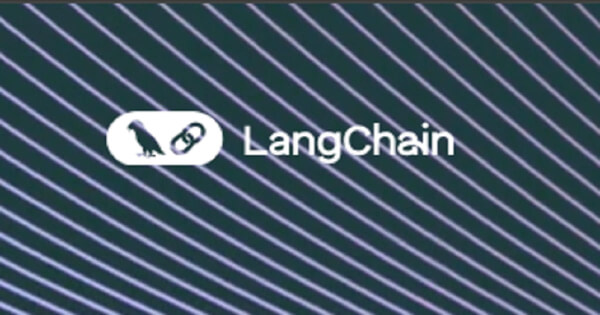



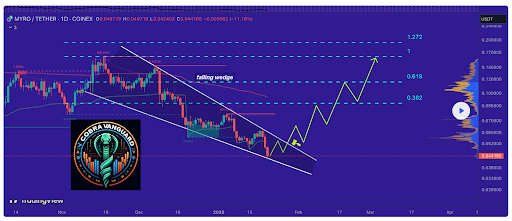
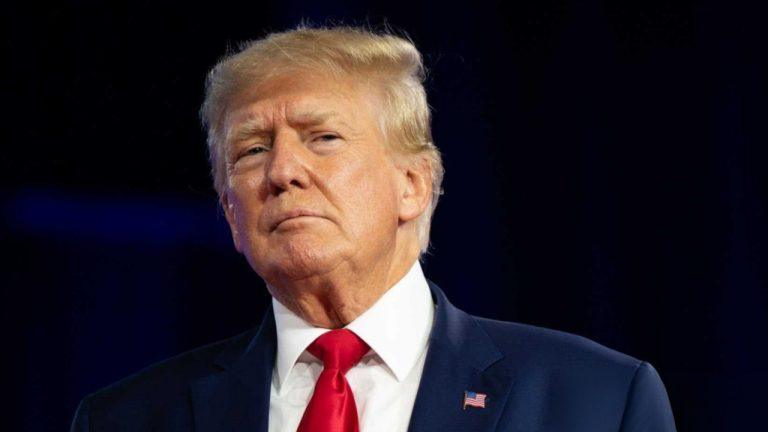









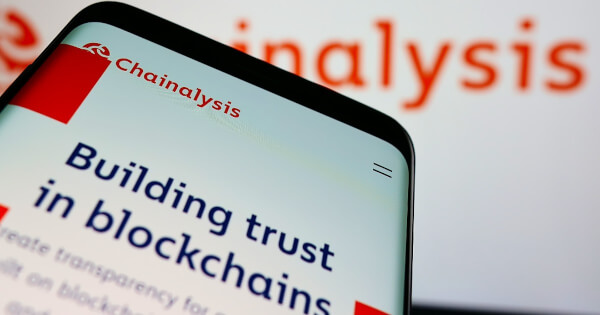

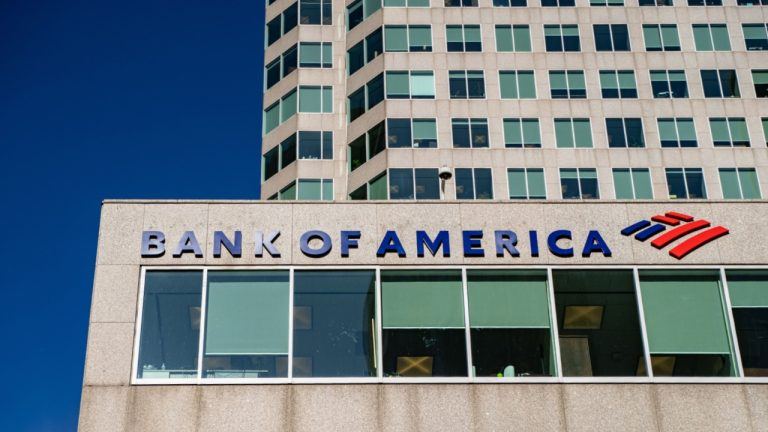
Comments